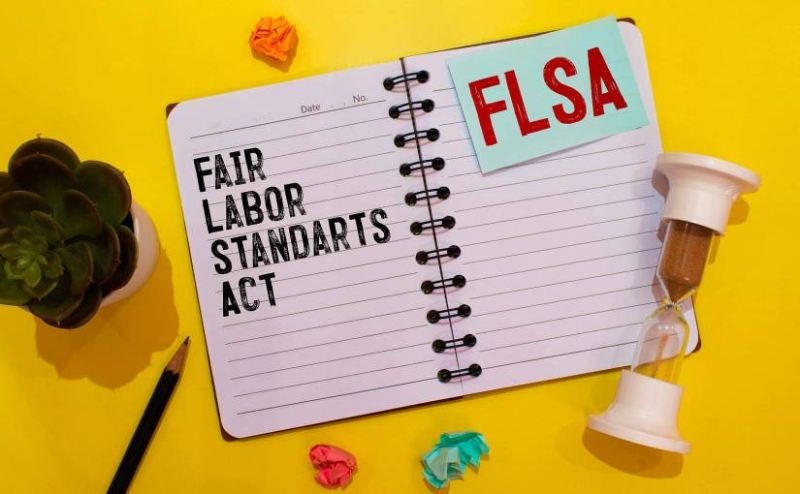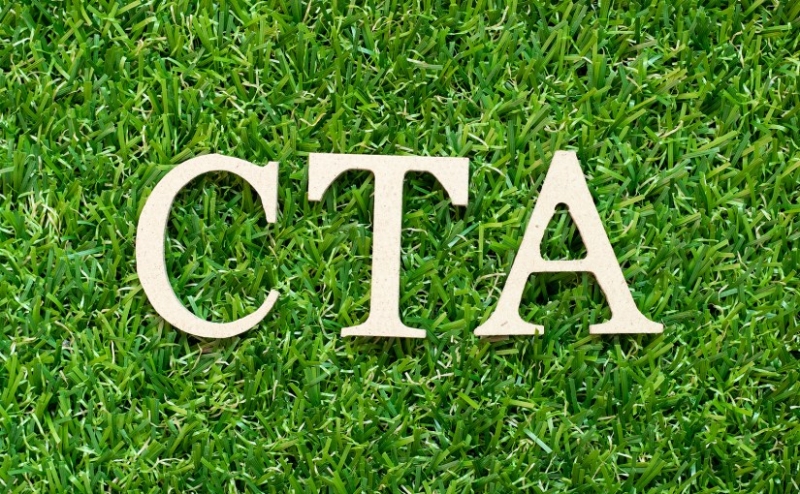- Microdosing GLP-1 weight loss drugs is a trend that’s gaining popularity.
- Anecdotal reports claim that “Ozempic microdosing” may help people lose weight with fewer side effects.
- However, there is no current evidence to support claims that microdosing GLP-1 drugs aids weight loss.
- Patients report microdosing GLP-1s for a variety of reasons, including cost, side effects, and weight loss maintenance.
Microdosing is a trend that has gained popularity in recent years. It typically involves taking small amounts (“microdoses”) of psychedelic drugs to treat the symptoms of depression and anxiety or boost focus and creativity.
But the basic idea at the heart of microdosing (that you can take a small amount of a drug or medication and still receive some health benefit from it while potentially mitigating side effects) has since expanded beyond just psychedelics.
Interest has now turned to microdosing GLP-1 drugs, the blockbuster class of obesity and diabetes medications that includes Ozempic, Wegovy, Mounjaro, and Zepbound.
Anecdotal reports from patients and even some doctors claim that microdosing GLP-1s is more cost-effective and may still offer health benefits, such as maintaining weight loss and managing blood sugar.
However, those claims are not currently backed by scientific evidence or research.
“It’s just a data-free zone,” Sarah R. Barenbaum, MD, an assistant professor of clinical medicine and obesity specialist at Cornell University, told Healthline.
“I would say it’s not impossible, it just hasn’t been studied,” she added.
Other doctors are far more critical.
Caroline Apovian, MD, a Professor of Medicine at Harvard Medical School and the co-director of the Center for Weight Management and Wellness at Brigham and Women’s Hospital, told Healthline that there is “absolutely no data” to support microdosing GLP-1s.
There are also safety concerns.
Microdosing must be done with compounded drugs, requiring a patient to draw up and dose themself correctly with a syringe and vial.
Apovian said there’s a real potential for overdose and contamination by patients attempting to self-administer compounded forms of GLP-1s at home.
“It is not recommended. There are many things that can go wrong,” she said.
Ozempic microdoing: what is it?
Generally speaking, to microdose a GLP-1 drug means to take less than your prescribed amount. Therefore, microdosing is both variable and subjective based on the patient.
On her blog, Dr. Tyna Moore, a naturopathic physician who promotes a “proprietary method” of microdosing GLP-1s, writes, “With the concept of microdosing GLP-1 agonists, you may be able to take a smaller-than-prescribed dose of this medication to achieve some of its benefits while potentially minimizing side effects.”
The first step, according to Moore, is to consult with a healthcare professional for guidance on an appropriate dosage.
Once a dose has been established, you’ll have to obtain a compounded GLP-1. Since name-brand drugs like Ozempic and Wegovy only come with pre-filled injection pens, microdosing requires you to draw up and inject yourself with a needle and vial.
Why more people are microdosing GLP-1 drugs like Ozempic
There are many reasons why someone might want to try microdosing. These could include:
- Cost of medication
- Access to medication
- Side effects
- Desire for a smaller amount of weight loss
- Stigma around obesity medication
- Weight management
Neither Apovian nor Barenbaum prescribes compounded GLP-1s at their respective clinics, but both acknowledge the ongoing challenges related to cost, insurance coverage, and access to GLP-1s.
“A lot of insurance companies do not cover anti-obesity medication. That’s the big deal. We don’t have access,” said Apovian.
At her clinic, Barenbaum describes prescribing some GLP-1s off-label, which may involve prescribing a lower dose, most often due to cost and tolerability.
“These medications are not covered by a lot of insurance companies, and out of pocket, they can be a thousand dollars a month. They’re very expensive. So what we might do is prescribe the highest dose of Ozempic pen and teach people how to do low doses on it,” she said.
Barenbaum is describing using a name-brand Ozempic pen, which allows patients to manually toggle their dose, not self-administering compounded semaglutide.
Another prominent claim about microdosing these drugs is that it can help keep the pounds off after a certain amount of weight loss has been achieved.
However, Barenbaum disputed that suggestion.
“If you reduce the dose after they plateau somewhere, there’s a risk of having an increased appetite, increased cravings, and regaining weight,” she said.
Research has shown that individuals who go off of a GLP-1 drug tend to regain much of the weight lost.
Is Ozempic microdosing safe?
Microdosing a GLP-1 drug is not inherently more dangerous than taking a standard dose, assuming the patient has a legitimate prescription and is working with a healthcare professional.
However, there are some very real risks related to using compounded drugs.
With the growth and availability of compounded GLP-1s, overdoses and calls to poison control centers have spiked in the United States. Unlike name-brand drugs that are prescribed in pre-filled pens, compounded versions require patients to measure and administer their medication themselves.
This has led to individuals accidentally overdosing with, in some cases, as much as ten times their prescribed dose.
“You can [also] contaminate the vial and inject it into your stomach and get an infection. It’s not meant to be taken like that,” said Apovian.
Additionally, compounded drugs are not FDA-approved, so they are not held to the same rigorous standards.
But the biggest potential health concern of micro dosing could also be the most obvious: patients are not taking enough of a medication to treat the condition for which it has been prescribed. That is to say, patients should be taking the appropriate dose as prescribed by their doctor.
“Anecdotally and in my clinical practice, it’s more rare that I see people on lower doses who are very successful long term,” said Barenbaum.
The bottom line
Anecdotal reports indicate that microdosing GLP-1 drugs, such as Ozempic, offer some health benefits, including weight maintenance.
However, obesity experts have disputed these claims. There is currently no clear data that microdosing GLP-1 weight loss drugs can provide any health benefits.
Individuals may attempt to microdose for a variety of reasons, including the cost of drugs and side effects.
Ozempic microdosing requires an individual to measure and self-administer compounded drugs, which can result in overdose.


